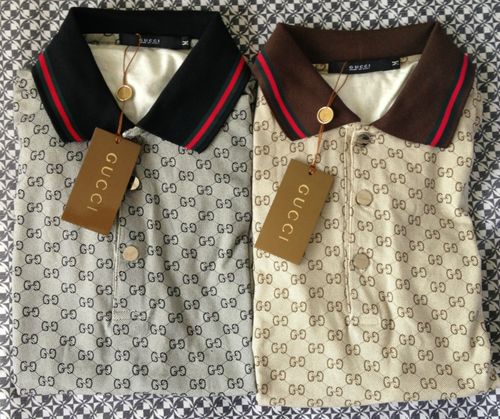Counterfeiting is a federal and state crime, involving the manufacturing or distribution
of goods under someone else's name, and without their permission.
Counterfeit goods are
generally made from lower quality components, in an attempt to sell a cheap imitation of
similar goods produced by brands consumers know and trust.
Our Counterfeit investigations fall into the following categories:

These are goods, often of inferior quality, made or sold under another's brand name
without the brand owner's authorization.
The term "pirated goods" refers to reproductions of copyrighted products without
permission, such as music, movies or software.
We mainly deal in:
Counterfeiting documents is the process of making or adapting documents with the intention to deceive. It is a form of fraud, and is often a key technique in the execution of identity theft. We mainly deal in:


This is the kind of counterfeit surrounding fake streetwear (Casul Clothing).
This market thrives in areas where there's inability to buy genuine popular streetwear brands.
The economic standing of a country or region also contributs to the demand for these products
as the average consumer can’t afford luxury prices but will gain the same social impact purchasing
a knock-off that is of almost indistinguishable quality to the original product.
We mainly deal in:
Counterfeit currency is currency that is produced without the legal sanction of
the state or government and in deliberate violation of that country's laws.
Whereas Counterfeit bonds are public debt instruments that are produced
without legal sanction, with the intention of "cashing them in" for authentic
currency or using them as collateral to secure legitimate loans or lines of credit.

Estimation Inquiry